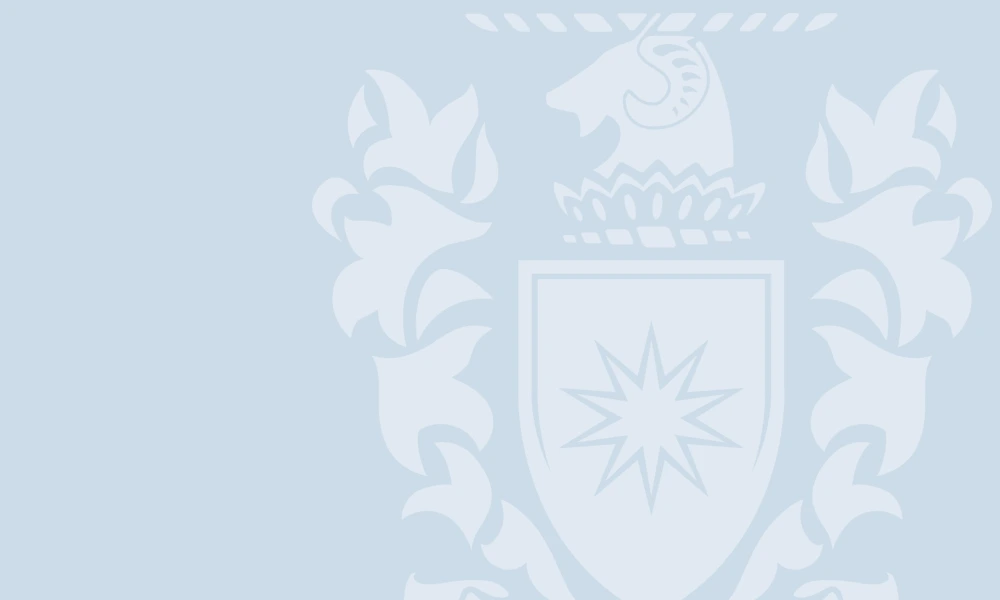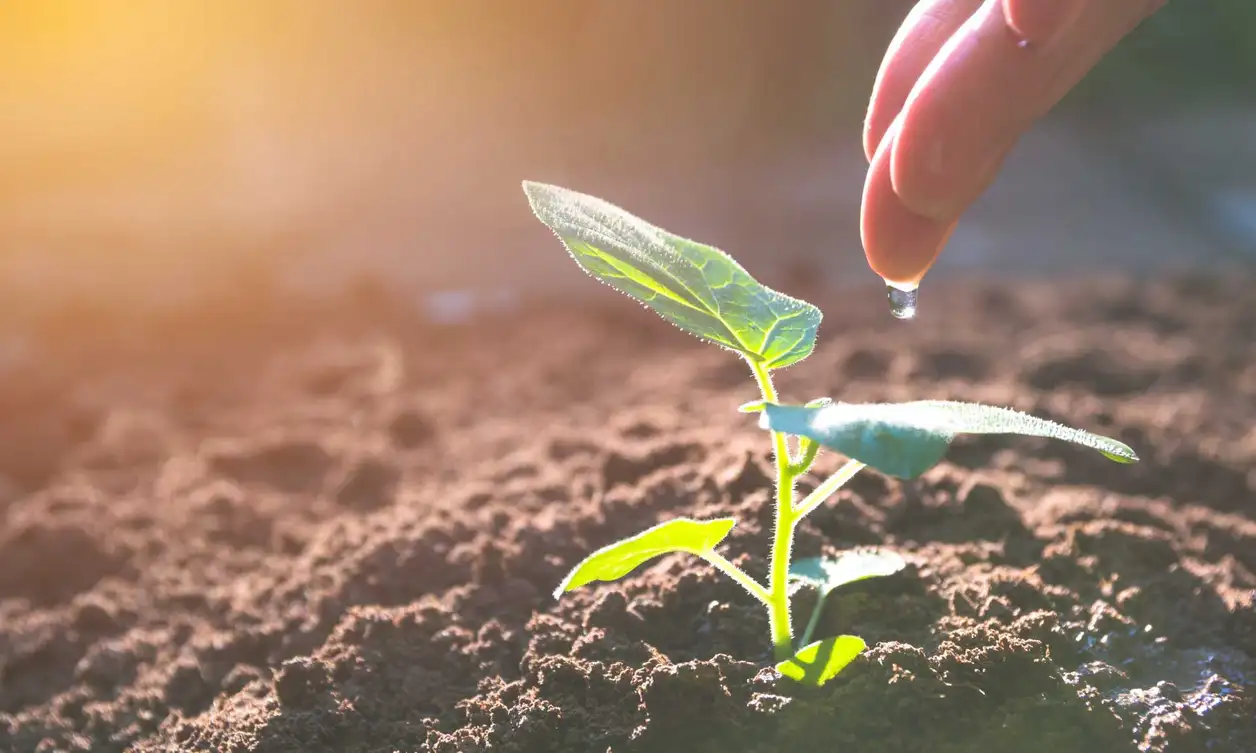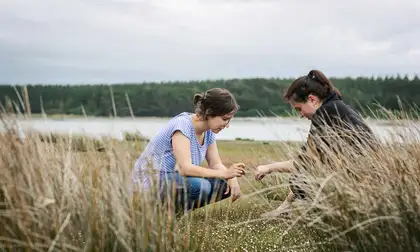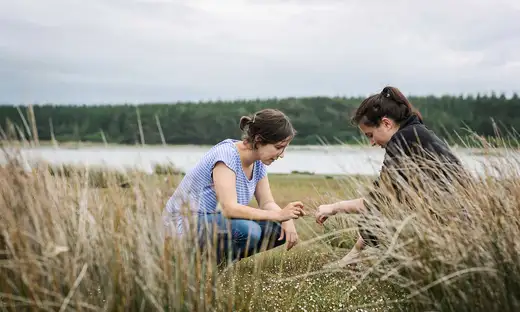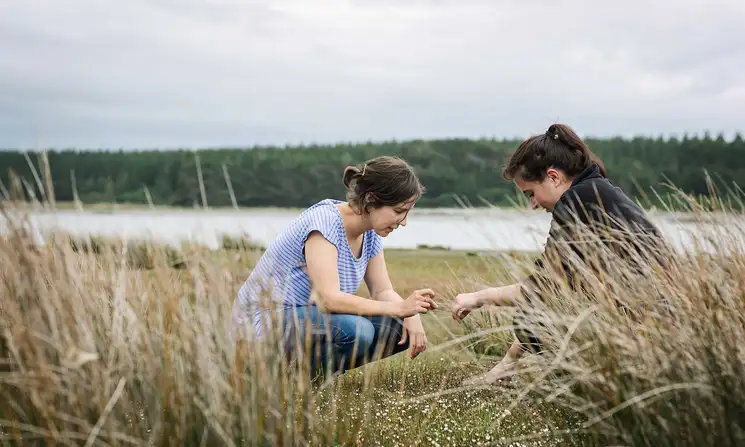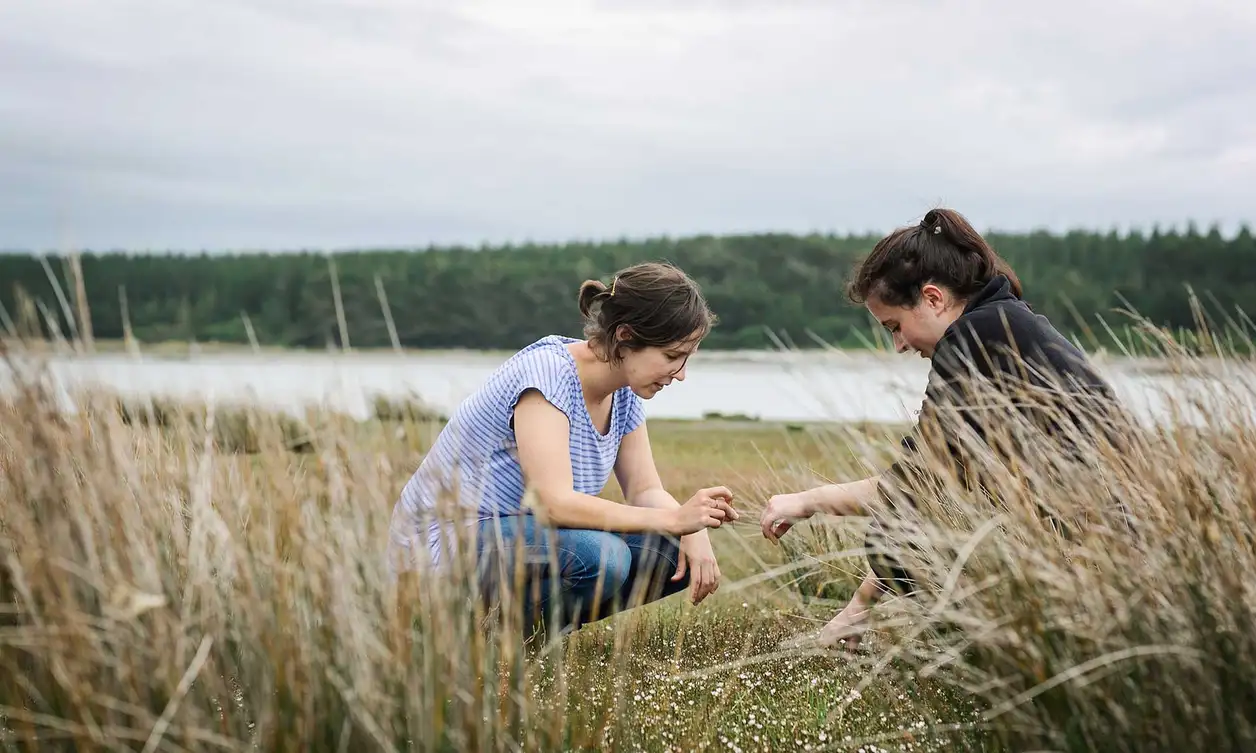Equity for Pasifika learners in mathematics classrooms hinges on the development of lessons that draw on Pasifika ways of knowing and learning. All too frequently, however, these valued contributions to society go unrecognised at school. Associate Professor Jodie Hunter and Professor Roberta Hunter from Te Kura o te Mātauranga Institute of Education have been working with teachers to recognise the mathematical experiences of Pasifika children outside of school and to develop problems which connect to these. The idea is to facilitate mathematics success by not expecting children to make sense of the context of the maths problem as well as the maths itself. ‘Using a familiar context so that the focus is on the mathematics means you can push much harder because the children aren’t having to grapple with the context before they access the mathematics,’ says Associate Professor Hunter.
It’s important that kids see mathematics as having a place in their lives
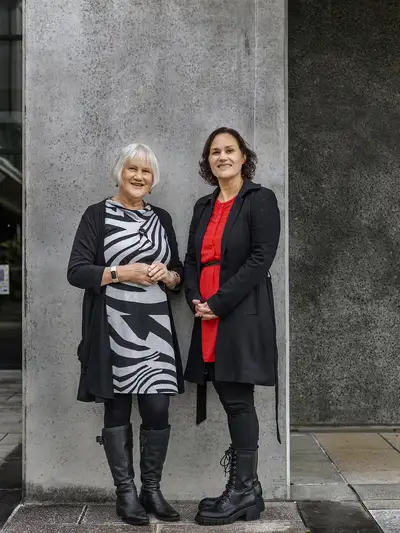
From left: Professor Roberta Hunter and Associate Professor Jodie Hunter, Te Kura o te Mātauranga Institute of Education
A recent project carried out in Niue and New Zealand looked at the kind of knowledge that Pasifika learners have, in particular the maths that children are doing outside of school as part of their everyday life. Children were given cameras and asked to take photos when doing day-to-day activities with their families. The results were analysed to find areas that could be used to develop mathematics lessons.
The research showed that in both countries, children help their households function, doing housework (and sometimes quite advanced household maintenance), preparing food, and doing things together with family. In New Zealand, there were additional recreational activities. ‘Children made things to be sold at markets and contribute to the economic enterprise within the home,’ says Professor Hunter. ‘It’s taken for granted that they do this. Everybody is involved in the cooking, packing and selling. The money is used for a family goal that they all share, not an individual one. There is a heap of maths involved in that process, and we are trying to get teachers to see that and to value that maths.’
This collective nature of Pasifika family activities is something that Professor Hunter and Associate Professor Hunter see as a particular strength. ‘Our schooling system is all about independence and self-reliance; however, in these communities, it’s about interdependence and interrelationships. If teachers draw on that as a way of behaving in the classroom, we can all learn from it,’ says Professor Hunter. ‘In classrooms, you need individual accountability, but you need to balance it with accountability to other people. In the home, kids learn by watching closely what other people are doing without necessarily a lot of instructions. That’s their individual accountability to their learning.’
Children in both countries said similar things when asked if their culture was drawn on in the classroom; they talked of mathematical problems that do not relate to their everyday experiences. In Niue, for example, mathematical questions included such topics as how many apples to get from the supermarket, which didn’t relate to their lives as their families grew their own food and apples are very expensive to buy.
‘When we asked teachers if they think kids experience maths outside of school, they always say yes, but they find it difficult to identify exactly where,’ says Associate Professor Hunter. ‘An example given often is shopping. But what was really interesting in the photos that the kids have taken is that not one child brought in a photo of shopping. When we started working with teachers, we had examples of lessons that used cultural contexts but it was very tokenistic. It is stereotypical to write a problem about coconut trees, but actually, a lot of the New Zealand kids haven’t been to the islands; it has no relevance to them. So the aim is genuinely being able to honour that kind of connection instead of using it in a tokenistic way.’
In both countries, there was a lot of deficit talk from students about themselves as a group. ‘The thrust of all of our work is to get children’s mathematics recognised as valid ways of knowing, thinking, and acting,’ says Professor Hunter. ‘There’s joy in abstract mathematics just for the sake of looking at patterns and numbers, but it’s also important that kids see mathematics as connected to and having a place in their lives. If children don’t think of themselves as coming from a culture that builds on mathematics then they feel like they have to give up who they are to succeed. The history of Pacific people and navigation, for example, is actually highly mathematical.’
Associate Professor Hunter and Professor Hunter were also involved in designing mathematics problems for home learning during the Covid-19 lockdowns. Here, too, the collaborative nature of Pasifika families was evident. ‘When the kids were doing maths, it was never just a single child; the whole family were on the Zoom session and they were modelling the kind of collaboration we talk about,’ says Associate Professor Hunter. The results paid off. ‘In NCEA, for instance, Pasifika students here in Auckland were out of school for a long time and got better results.’
Bobbie Hunter and Jodie Hunter
Learn more about the researchers exploring Pasifika ways of knowing in teaching mathematics.
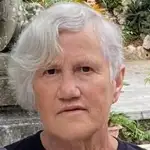
Professor Emerita Roberta (Bobbie) Hunter
Bobbie has been made a Member of the New Zealand Order of Merit (MNZM) for services to mathematics education. Her research focuses on better meeting the needs of Pasifika learners.
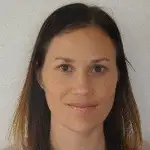
Professor Jodie Hunter
Jodie research interests are in Pasifika education and the teaching and learning of mathematics. Her growing interest is in the development of culturally responsive teaching for Pasifika students in the mathematics classroom. Central to this area is the need to consider the cultural, linguistic and social contexts of Pasifika students and to develop stronger home/community and school partnerships.
